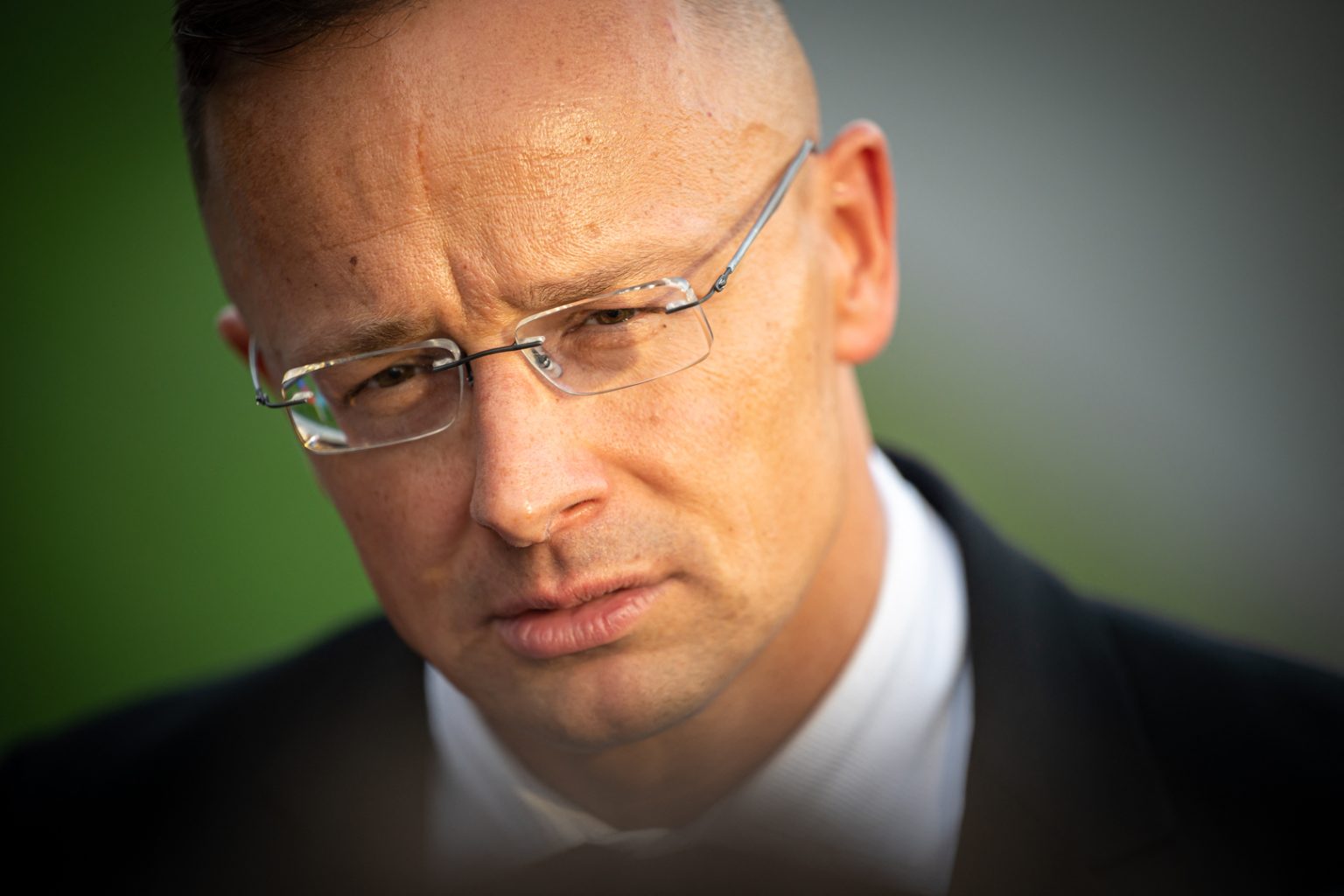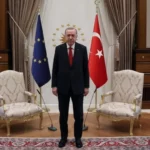While the European Union is working on new financial support of 20 billion euros for the Ukrainian war effort, the head of Hungarian diplomacy regrets that the 27 are bogged down in a logic of war.
“To briefly sum up what has been said in the past few hours, I can tell you that they don’t really want to talk about peace,” Peter Szijjarto told reporters on July 20. The Hungarian Minister of Foreign Affairs and External Economic Relations answered questions from Hungarian journalists on the sidelines of a meeting in Brussels with his counterparts from EU countries.
During this Foreign Affairs Council, the head of European diplomacy Josep Borrell announced that Brussels was studying the creation of a fund of up to 20 billion euros over four years in order to come to the aid of the Kiev army.
“How many people will die during these four years”, challenged the Hungarian minister, who described this decision as “shocking”. “He practically establishes a military regime for years,” he added. In the eyes of Peter Szijjarto, the 500 days of conflict proved that there would be no solution on the battlefield, and the more weapons delivered to Ukraine, the higher the death toll. “Shouldn’t you think about peace, not only in the short term, but also in the long term? added the Hungarian minister during his press conference.
Borrell wants to “turn existing support into a long-term commitment”
This future European fund, which would be endowed with a sum of up to 5 billion euros per year from 2024, aims to “transform existing support into a long-term commitment in favor of Ukraine’s security and resilience” and to guarantee Kiev “more sustainable and predictable financing”, declared Josep Borrell at the end of the meeting. According to the head of European diplomacy, this amount corresponds to “the assessment of the needs and the cost of our long-term security commitment to Ukraine”.
Of these 20 billion euros, 200 million would go to Budapest. Peter Szijjarto recalled that his country ruled out financing arms deliveries to Ukraine as long as the latter kept the Hungarian bank OTP on its list of “international war sponsors”.
Since the start of the Russian offensive, Brussels has steadily increased its military support for Ukrainian forces. At the end of January, the 27 agreed on the allocation of an additional 500 million euros for the supply of armaments to Ukraine. It was then the EU’s seventh military aid package, bringing it to 3.6 billion euros.
This article is originally published on nouvelles-dujour.com









